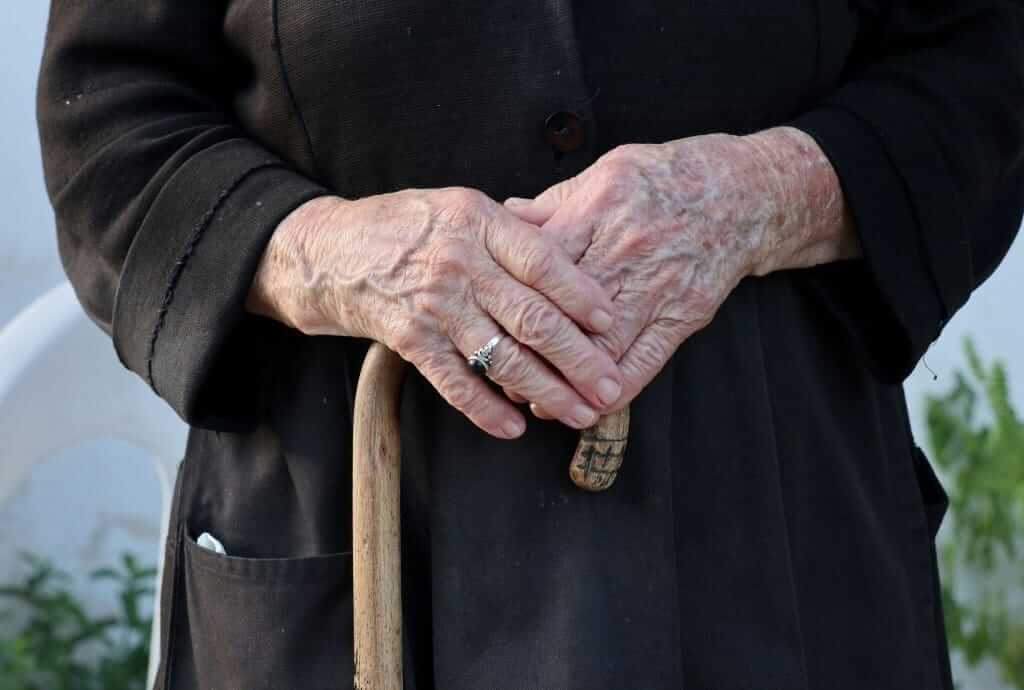Summarised by Centrist
A recent Supreme Court ruling, covering the Kāpiti to Manawatū coastline, grants exclusive or shared Customary Marine Title (CMT) rights to five Māori groups, despite the government’s stated intent to restrict such claims.
Industry groups, including commercial fisheries, argue the process undermines public access and sets a precedent for backdoor ownership of the foreshore.
The decision applies the late 2024 ruling, which tightened the legal test for customary title but still allows claims based on tikanga and longstanding relationships with the coastline.
Treaty Negotiations Minister Paul Goldsmith told Parliament this week the government has yet to decide whether to proceed with its amendment bill, now stalled for over six months. “We are turning our minds towards how we could come up with a more efficient process,” he said, but would not commit to a timeframe.
The coalition’s bill, which passed select committee scrutiny last year, was designed to limit the scope of CMT claims, reportedly aiming to cap successful claims to around 5 percent of the coastline.
It included a provision that would nullify recent judgments and force re-litigation under a stricter framework. But after the Supreme Court partially addressed concerns, Cabinet paused the bill.
More than 200 court claims and nearly 400 direct Crown applications remain in limbo, some pending for over a decade.



















